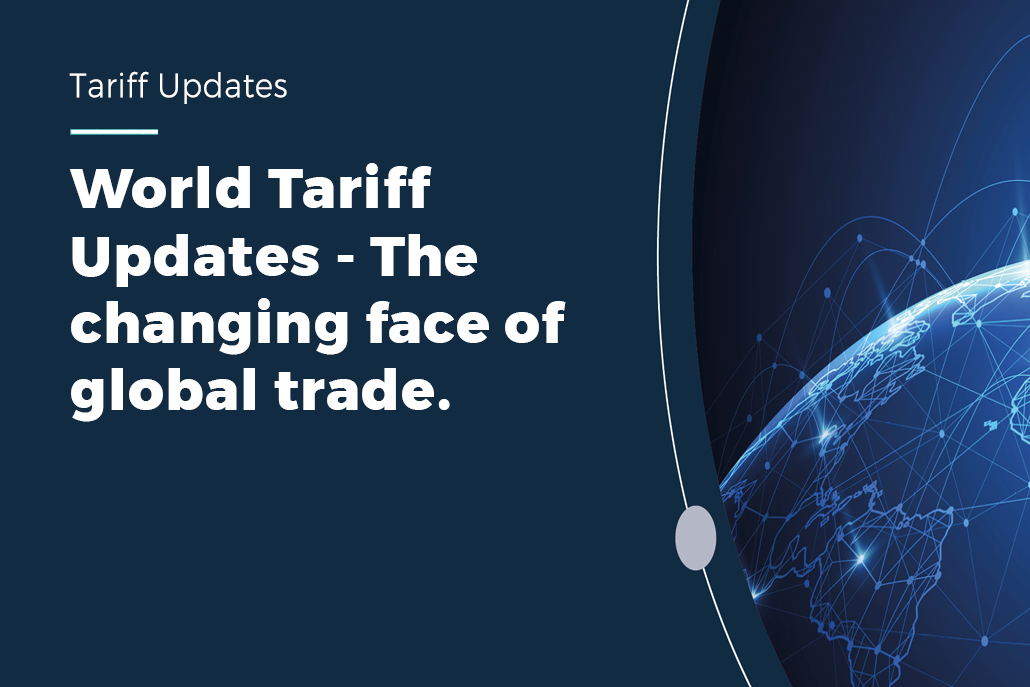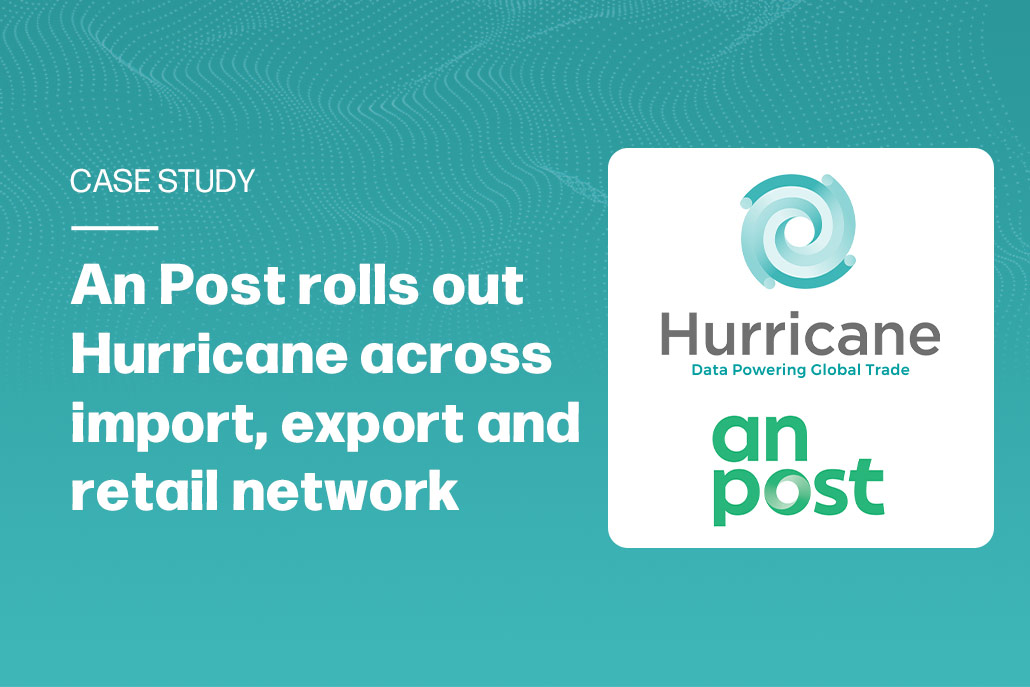The fine awarded to Amazon this week for multiple violations of US sanction regulations should be a warning to everyone involved in cross-border eCommerce trade.
The online behemoth agreed to pay a fine of $135,000 in relation to violations around the selling of low value retail goods and services to individuals in regions such as Crimea, Iran, Syria, North Korea and Cuba.
These alleged violations took place between 2011 and 2018 and the fine given was half the sum of the total cost of the transactions, due to Amazon disclosing the violations themselves, as well as the US Treasury’s Office of Foreign Assets Control (OFAC) deeming them “non-egregious”.
The violations centred around Amazon’s automated screening system which is used to analyse customer and transactional data to determine whether a purchase is legitimate or should be flagged. In these cases, the system failed to fully analyse all data accurately allowing slight misspellings to be accepted by the system.
In its report OFAC stated: “This case demonstrates the importance of implementing and maintaining effective, risk-based sanctions compliance controls including sanctions screening measures appropriate for eCommerce and other internet-based business that operate on a global scale.”
OFAC added: “Such large and sophisticated businesses should implement and employ compliance tools and programs that are commensurate with the speed and scale of their business operations. Global companies that rely heavily on automated sanctions screening processes should take reasonable, risk-based steps to ensure that their processes are appropriately configured to screen relevant customer information and to capture data quality issues, such as common misspellings.”
OFAC also recommended routine testing of automated systems to ensure the effectiveness and identify any failings.
In addition to the fine, Amazon will have incurred significant legal fees and the cost of putting in place various remedial measures to tighten its processes.
A company like Amazon can meet those costs, but for most businesses involved in cross-border eCommerce, such costs would be considered substantial.
Common remedial measures would include gap analysis of company-wide processes, introduction of trade controls and export controls management systems, training programmes and reviews and audits of their screening process and corrective actions. For some it could mean having to introduce a Denied Party screening process.
Even more important than the financial penalties is the potential largescale damage to an organisation’s brand and reputation. Customer trust is an essential ingredient in successful cross-border eCommerce.
Many millions of pounds are often spent building an online retailer’s brand, but far less attention is paid to the complexities of global compliance.
With new regulations being introduced every year, it is easy for businesses to fall foul of them.
Integrating an efficient and accurate Denied Party screening solution, such as the one provided by Hurricane Commerce, means businesses can minimise the risks of sending goods to banned parties, drastically reducing the chance of expensive fines and a damaged reputation.














